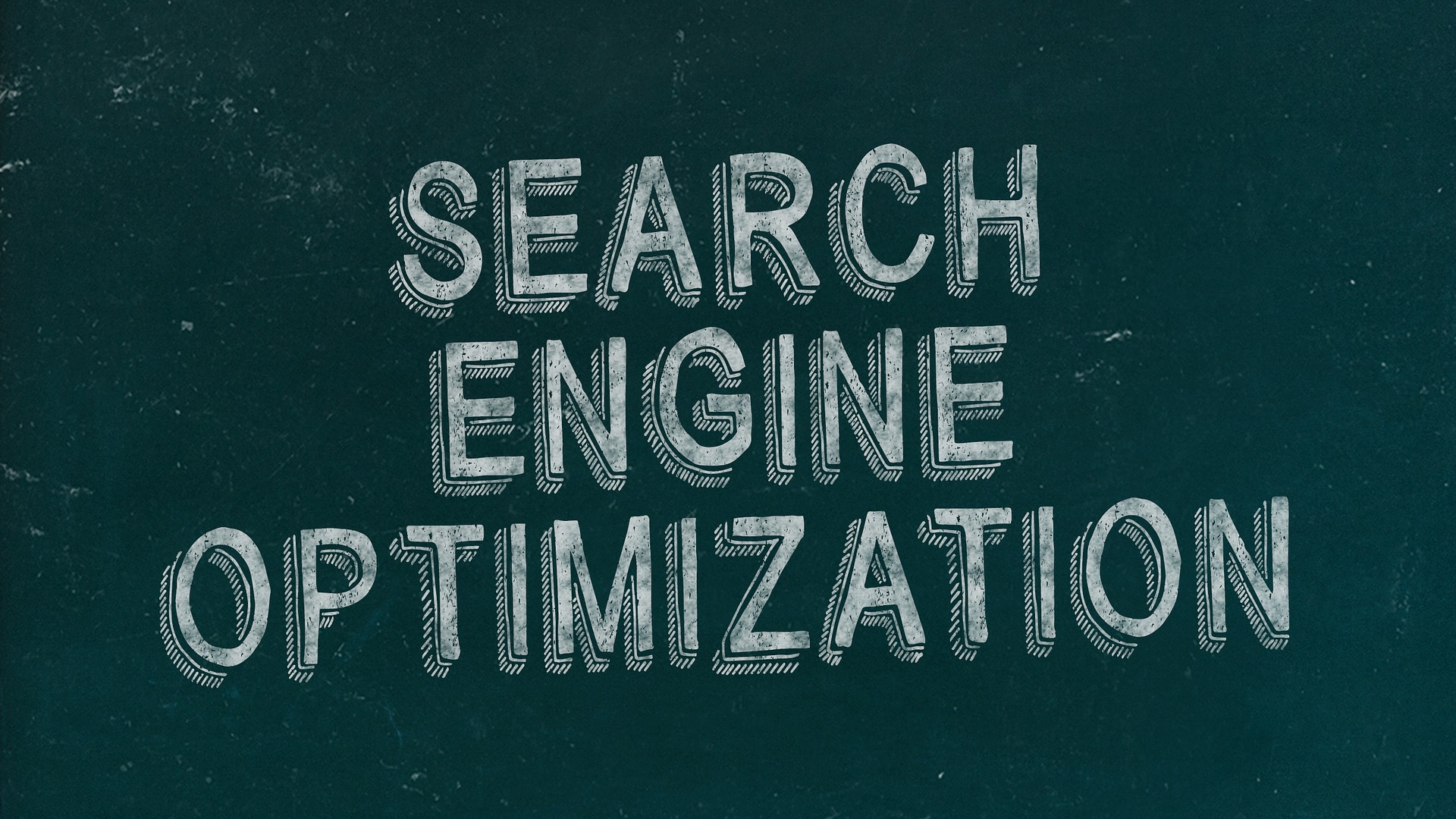Blog
Obscure Holiday Calendar for July
How Artificial Intelligence Affects Your Search Results
The art and science of SEO is to use artificial intelligence to address the human problem of finding online content – but at an inhuman scale.
The human brain can process information at between 2 and 60 bits/second for decision-based tasks. Meanwhile, a household computer with 12 gigabytes of RAM operates at 1.6 billion times that capacity. As the world’s largest collection of information, Google began integrating machine learning into its core algorithm in 2011.

Today, Google’s core algorithm uses five main artificial intelligences (with oh, so cuddly names): Google Panda, Google Penguin, Hummingbird, RankBrain, and Google BERT – yes, like the Muppet. With this high council of artificial web critics, Google is able to crawl the web and grade every website with a human touch. The AI is always active, allowing the algorithm to tweak rankings based on human behavioral trends. For example, if a site is ranked No. 1, but performs poorly, the Google algorithm will recognize that behavior and adjust the rankings accordingly.
How Machine Learning Affects Your Search Experience
Google took a more “Robocop” approach when it started exploring AI by cracking down on black hat practices to exploit its algorithm. Today, Google places heavy emphasis on understanding its users. Google Hummingbird and RankBrain are built around determining search intent and context. This is why Google provides local restaurants, instead of recipes, when you search “Chinese food.” Meanwhile, if you google “chocolate chip cookies,” it likely provides recipes, a knowledge graph with health facts, and a rich snippet of frequently asked questions. Another fun experiment is to search for your favorite band. Then, if you start typing “Lyrics” for your next search, it prioritizes your artist. Then, if you start typing anything else, it begins auto predicting other artists’ names.

How Machine Learning Affects Your Website
Machine learning made search engine optimization more comprehensive than ever before. With Google search having a near-human understanding of websites, admins can focus on creating the best organic experience possible for their users – no more black hat tricks.
That said, “comprehensive” does not mean “easy.” Running a website is hard work. If search engine optimization is important for your business, the steps below are actions most organizations can handle inhouse:
- Create rich, meaningful and easy-to-read content that people want to read.
- Update old content.
- Use proper heading structure.
- Always remember to include alt-text in your images
- Create SEO-friendly URLs. Use dashes not underscores.
- Optimize your titles and meta descriptions.
- Most importantly, build your authority by earning backlinks, preferably from industry-relevant websites. This is the No. 1 ranking factor, both in returns and difficulty of effort!
